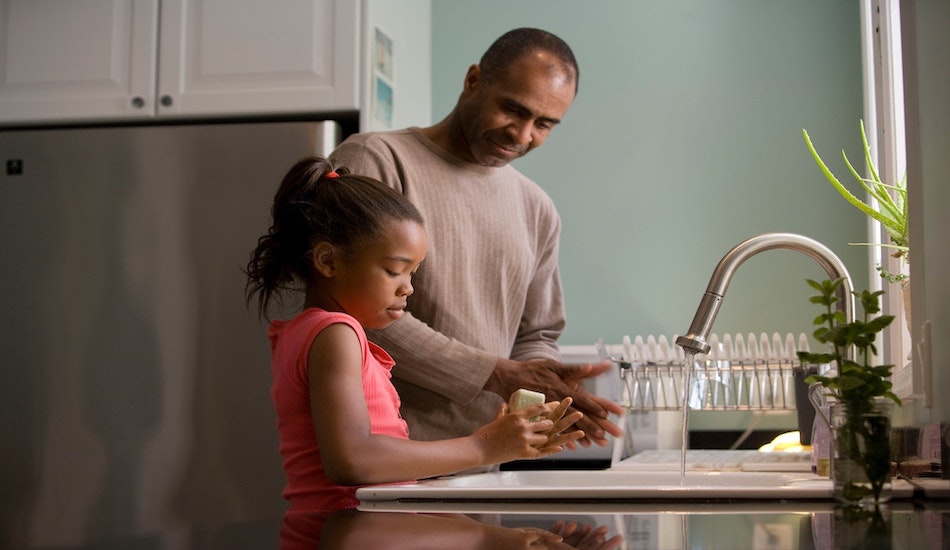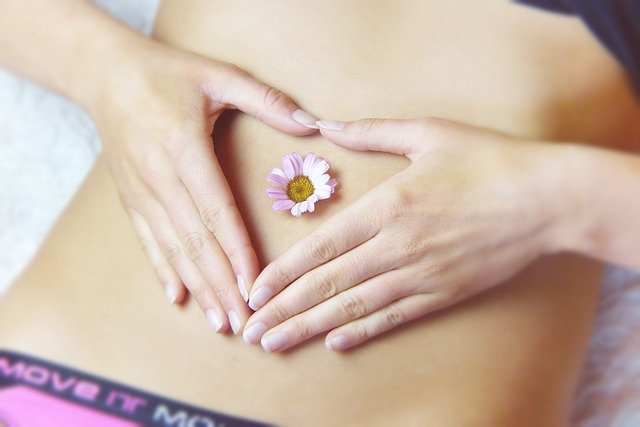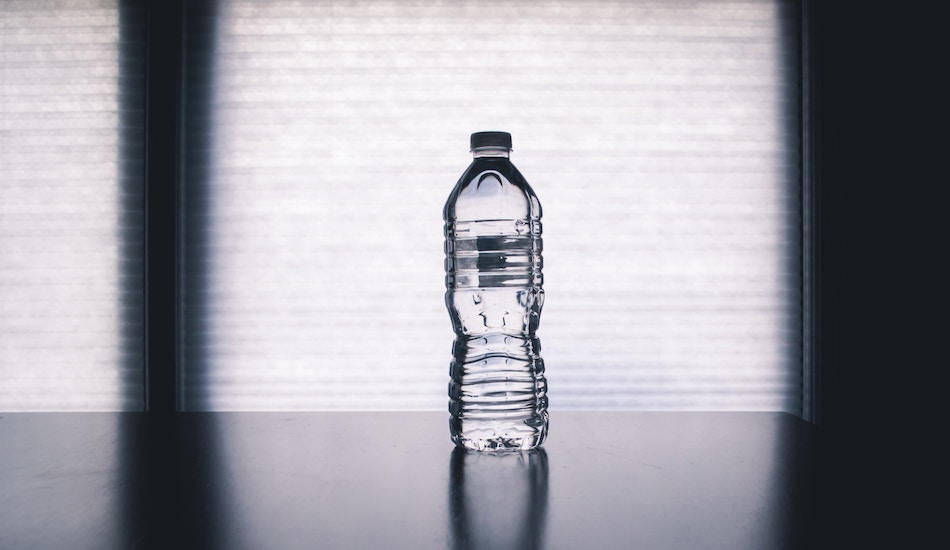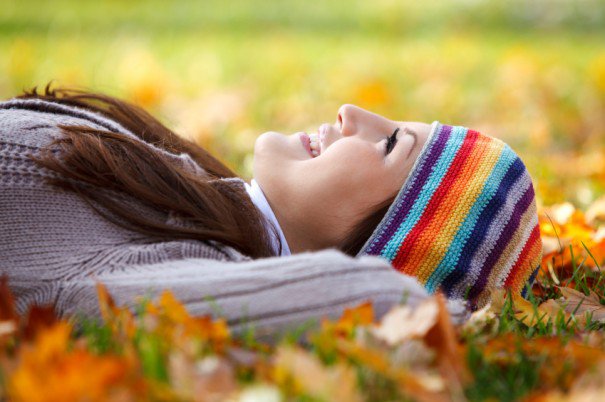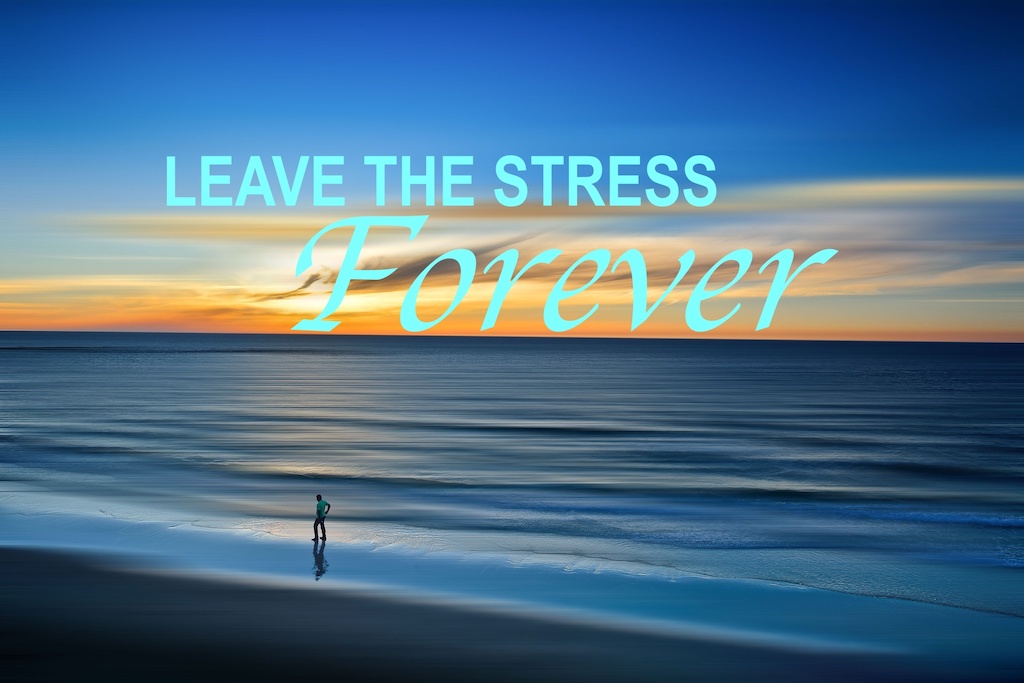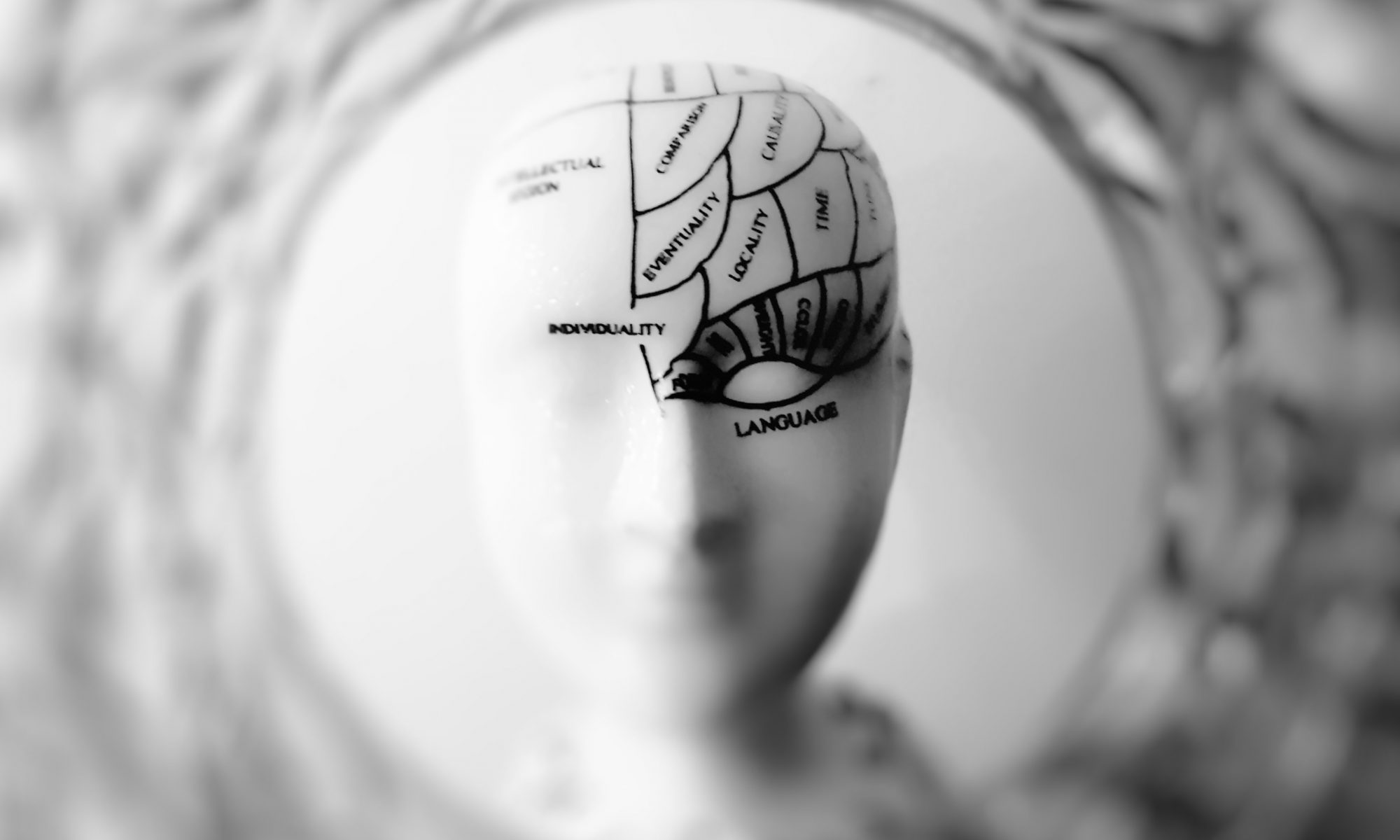The outbreak of COVID-19 disease 2019 may be very stressful for most of us. Fear and anxiety about a disease can be overwhelming. Not only that but it can cause strong emotions in adults and children. Coping with stress will make you, the people you care about, and your community stronger but how to do it? Not only taking care of yourself but also your friends, and your family can help you cope with stress.
Here are some of the points about what to do to deal with any mental health problems we might have or going to have.

